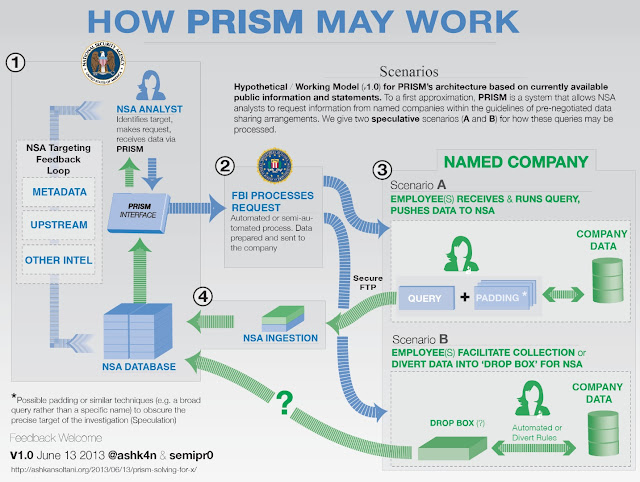What Privacy Is For? Julie E. Cohen Georgetown University Law Center November 5, 2012 Harvard Law Review, Vol. 126, 2013 Abstract: Privacy has an image problem. Over and over again, regardless of the forum in which it is debated, it is cast as old-fashioned at best and downright harmful at worst — anti-progressive, overly costly, and inimical to the welfare of the body politic. Yet the perception of privacy as antiquated and socially retrograde is wrong. It is the result of a conceptual inversion that relates to the way in which the purpose of privacy has been conceived. Like the broader tradition of liberal political theory within which it is situated, legal scholarship has conceptualized privacy as a form of protection for the liberal self. Its function is principally a defensive one; it offers shelter from the pressures of societal and technological change. So characterized, however, privacy is reactive and ultimately inessential. In fact, the liberal self who i





